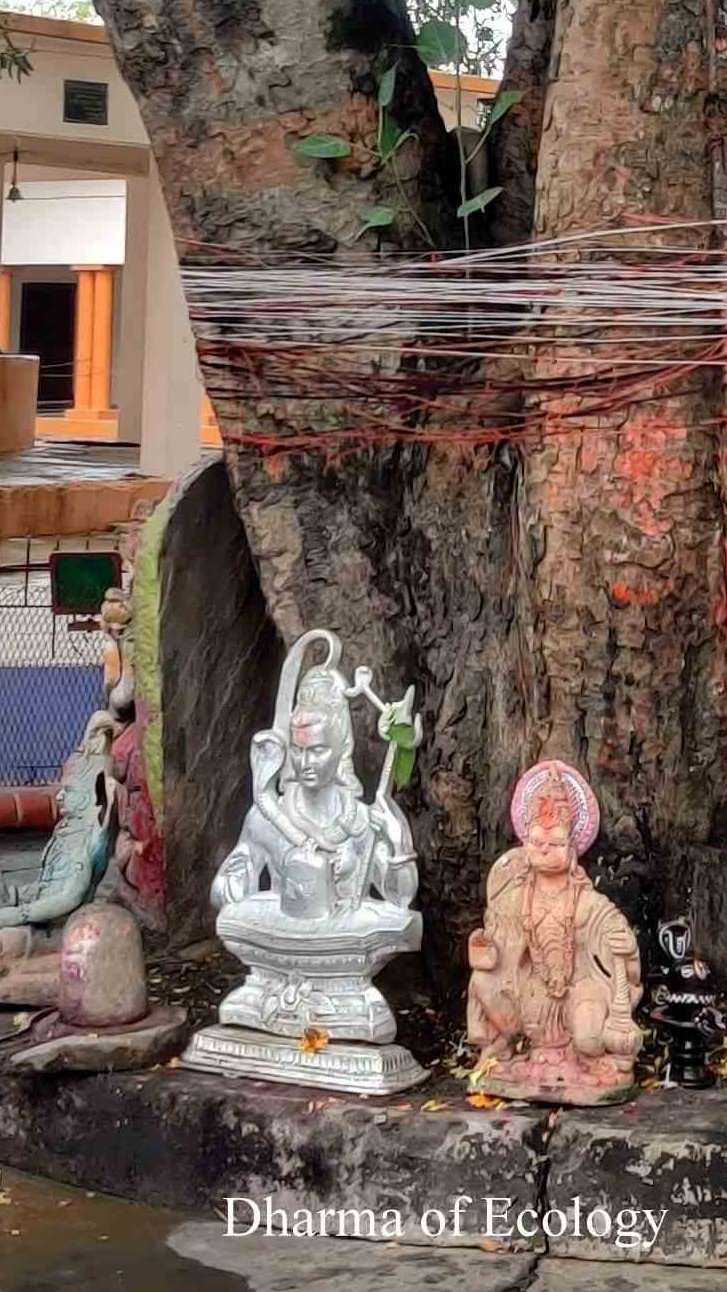Our environment today is facing a number of problems. All those problems are causing dangers to take shape against the existence of the whole biosphere of this planet. All those problems have become great topics for discussion, planning and implementation at all levels across the globe.
An important topic that people discuss or argue about is called as an issue. Today, a number of topics related to environment are discussed and argued about on international levels. This is because these topics have become serious problems for the world and are taken as serious issues of environment.
We have different types of environmental issues emerging at local, regional, national and global levels. Some of the global environmental problems and issues are – Depletion of the Ozone Layer, Intense Green House Effect and Global Warming, Climate Change, etc. These are global issues caused due to human activities in their own countries but these issues relate to the fate of the whole planet.
Role of belief and value
The beliefs, customs, practices and social behaviour of a particular nation or people are together called as culture of the people or the nation.
It is the enlightenment and sophistication acquired through education and exposure to arts. In a nut shell culture is the shared beliefs and values of a social group. And, heritage is something that somebody is born to, i.e., the status, conditions or characters that are acquired by being borne into a particular family or a social class.
In other words, something passing from generation to generation like the way of life, traditions etc. that pass from one generation to the next generation in a social group, is called as heritage. In more environmental sense; the property or land, their merits and inherent qualities etc. of a group of people or nation that is passed on to the next generation are collectively called as heritage.
Our beliefs and values, culture and heritage used to preserve and protect the environment through different social, religious and traditional principles. But now many cultures have lost their identities and traditions have been neglected in the fashion of modernisation.
The modern developmental activities are said to erode away the cultural heritage of different societies or groups of people in different parts of the world. But how? Well, the styles and modes of modern developments are causing large scale migration of marginalized societies by ways of construction of mega dams and projects. These societies often become permanent refuses or face multiple migrations losing everything of their culture and heritage.
The accident in a nuclear power plant (like that of the Chernobyl Power Plant, near Kiev, in Ukraine where a catastrophic accident took place in 1986) or an accident in a chemical factory (like that of the accident that took place in the Union Carbide Factory in the Bhopal city of Madhya Pradesh State of India) can ruin everything of the people inhabiting a particular habitat.
It may cause genetic mutations and may leave generations of people to creep alive in the land of death. Even the pesticides used on large scales in the crop fields and their biomagnifications in human bodies may cause seriously persistent changes and ailments that may continue till death.
Mining and quarrying practices are tending to change landscape and causing extinctions of different species of plants and animals. Most of the traditional varieties of crops have already been extinct with all the valuable genes with them, and many more are endangered or vulnerable.
Beliefs and values form the ethical aspects of conservation and protection of environment. Moral principles that control and influence a person’s behaviour are called as ethics. But what is Environmental Ethics?
The part of environmental philosophy which considers the ethical relationship between human beings and the natural environment is called as environmental ethics. It relates to such behaviours that promote and protect the environmental balance and stimulate human beings to conserve, share and care the resources of environment.
The Environmental Ethics is properly but a sub-section of environmental philosophy which includes environmental aesthetics, environmental theology, and all the other branches of philosophical investigations.
Environmentalists, the world over are of the opinion that unequal distribution of natural resources, their overuse and misuse have caused serious instabilities in the environment. The explosion of human population in some countries have aggravated a number of environmental problems that are creating persistent conflicts and competitions that are leading the world towards social violence and imbalance of powers.
Nations of the world are spending big parts of their annual budget on war preparations including purchase of warheads and training of soldiers compared to their expenses on developmental activities. All these conditions are leading towards serious crises that can only be averted through the promotion and adoption of ethical values.
There are many ethical decisions taken up by the environmental management with respect to the protection and preservation of environment. These ethical decisions are mentioned below-
• Should we continue clearing forests for the sake of over consumption?
• Should we continue making gasoline powered vehicles, depleting fossil fuels while the technology to create zero emission vehicles exists with us?
• What environmental obligations do we need to keep for future generations?
• Is it right for humans to knowingly cause extinctions of species for the convenience of humanity?
The Indian Philosophy, of Environment focuses on a holistic approach towards the Management of Environment. According to the Isha Upanishad, –
“The whole universe belongs to the lord of creation or the Nature together with all its creatures. By giving up all the green, one can enjoy the bounties of nature. No creature is superior to any other, and human beings should not have absolute power over nature. Let no species encroach on the rights and privileges of nature. The elements of sustainability are ingrained in this, because the emphasis is on using nature for the good of all human beings.”
According to the Traditional Culture of India, the harmony with the Natural Environment is the essential part of survival of human societies. Nature and Man form inseparable parts of the life support system of the earth that are interconnected and interdependent. The deterioration in one element affects others. There is greater emphasis laid down on values, beliefs and attitudes in traditional social ethics that helps man to live in harmony with nature. The most impressive and eloquent testament of Ecological Values found anywhere in the world literature is the Bhoomi Suktam contained in the Atharvaveda.
In the World History, the Ecological Concerns became the State Concerns, for the first time during 272-232 BC. The Empyreal Edicts declared by Ashoka lay down the rules of conduct that had to be obeyed with respect to the environment and non-compliance with those edicts met with adequate punishments.
Here is another example of the Traditional Attitudes of Reverence that shows age long ethical approach of the Environmental Management in India-
“Impart to us those vitalizing forces
that come, O Earth! from deep within your body,
your central point, your navel; purify us wholly.
The Earth is Mother; I am son of the Earth,
The rain-giver is my father; may he shower
on us blessings.” – Atharvaveda: (12.1.12).
Here is a current statement in support of the Ethical Aspects of Environmental Management in India –
“It is an arrogant assumption to say that human beings are Lords and Masters of the lower creatures. On contrary, being endowed with greater things in life, they are the trustees of the Lower Animal Kingdom. The delicate and holistic balance that exists in nature has to be respected and maintained.”
– Mahatma Gandhi quoted by T. N. Khoshoo, in “An Apostle of Applied Human Ecology”- 1988.
Since we cannot raise the carrying capacity of the earth systems, we have our moral duty to conserve all the resources and biodiversity with all its means, traditions, cultures and religious practices. “To save our planet with all its living and non-living manifestations and to ensure the diversity that has been its strength, there is an urgent need to adopt a code, which may be called the Dharma of Ecology” (Khoshoo, T. N. 1999.Dharma of Ecology, Current Science. Vol.77 No. 9: 1147-1153). The Dharma of Ecology, is the ethical sense that should be one important aspect of the Environmental Management.




